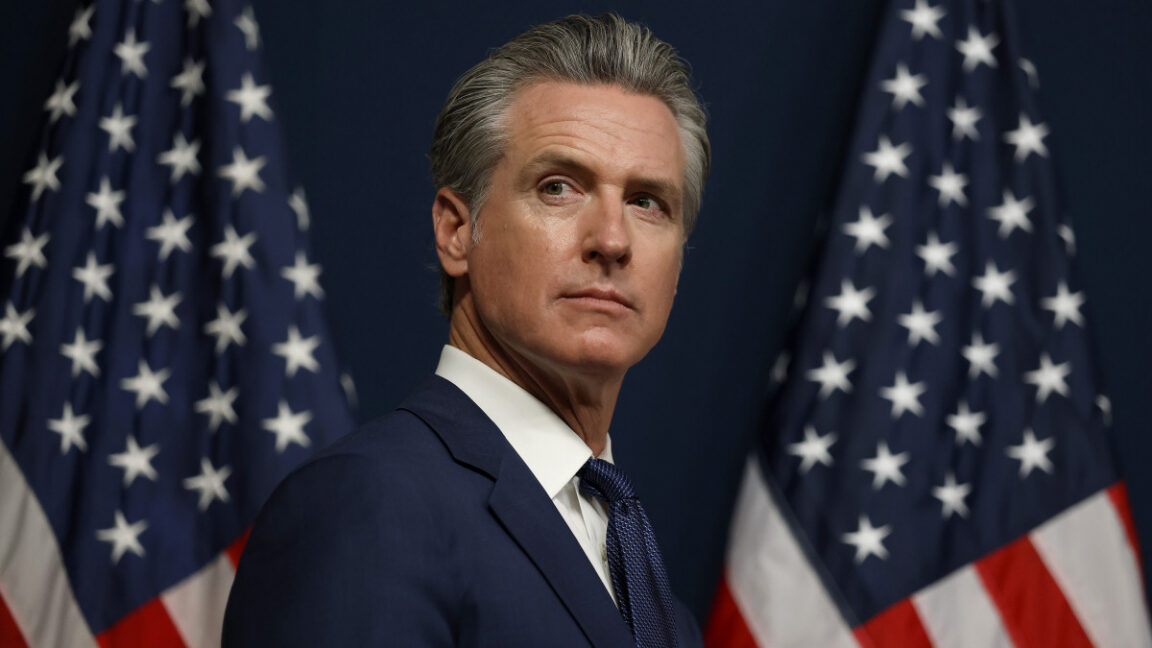
"On Monday, California Governor Gavin Newsom signed the Transparency in Frontier Artificial Intelligence Act into law, requiring AI companies to disclose their safety practices while stopping short of mandating actual safety testing. The law requires companies with annual revenues of at least $500 million to publish safety protocols on their websites and report incidents to state authorities, but it lacks the stronger enforcement teeth of the bill Newsom vetoed last year after tech companies lobbied heavily against it."
"The legislation, S.B. 53, replaces Senator Scott Wiener's previous attempt at AI regulation, known as S.B. 1047, that would have required safety testing and "kill switches" for AI systems. Instead, the new law asks companies to describe how they incorporate "national standards, international standards, and industry-consensus best practices" into their AI development, without specifying what those standards are or requiring independent verification."
"According to the California state government, the state houses 32 of the world's top 50 AI companies, and more than half of global venture capital funding for AI and machine learning startups went to Bay Area companies last year. So while the recently signed bill is state-level legislation, what happens in California AI regulation will have a much wider impact, both by legislative precedent and by affecting companies that craft AI systems used around the world."
California enacted the Transparency in Frontier Artificial Intelligence Act, obligating AI companies with at least $500 million in annual revenue to publish safety protocols on their websites and report incidents to state authorities. The law prioritizes disclosure over mandated testing and stops short of requiring independent verification of safety practices. The measure replaces a previous proposal that would have required safety testing and kill switches, instead asking firms to describe how they incorporate national, international, and industry-consensus standards without defining those standards. California's concentration of major AI firms and venture capital means the law could influence practices beyond the state.
Read at Ars Technica
Unable to calculate read time
Collection
[
|
...
]